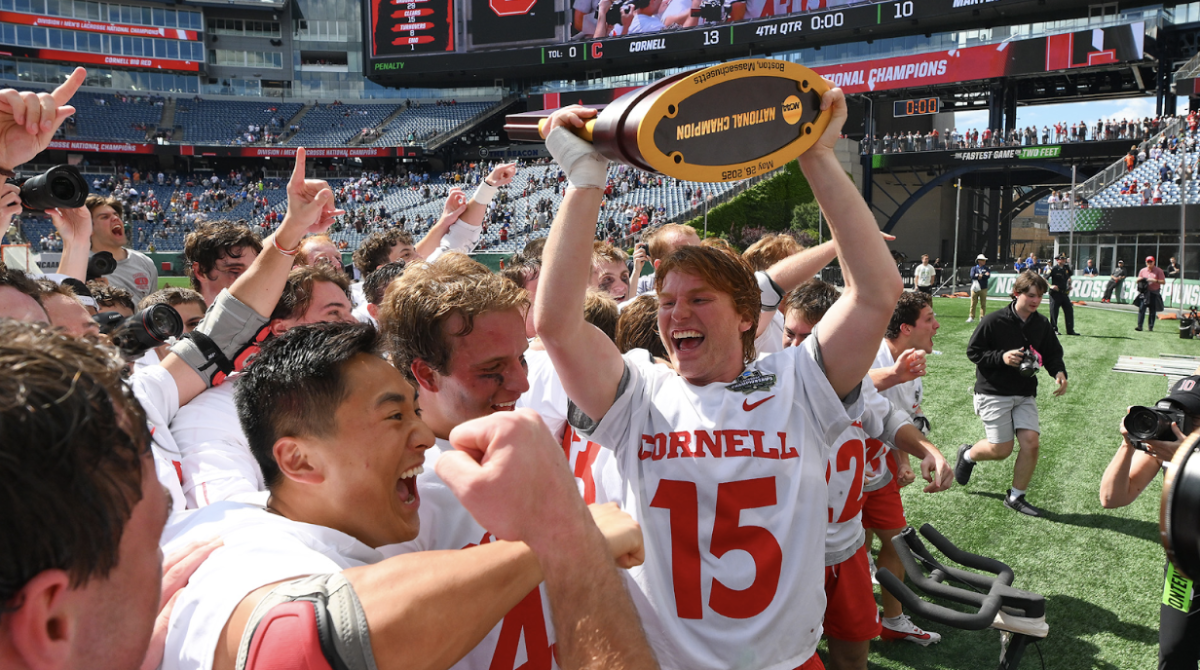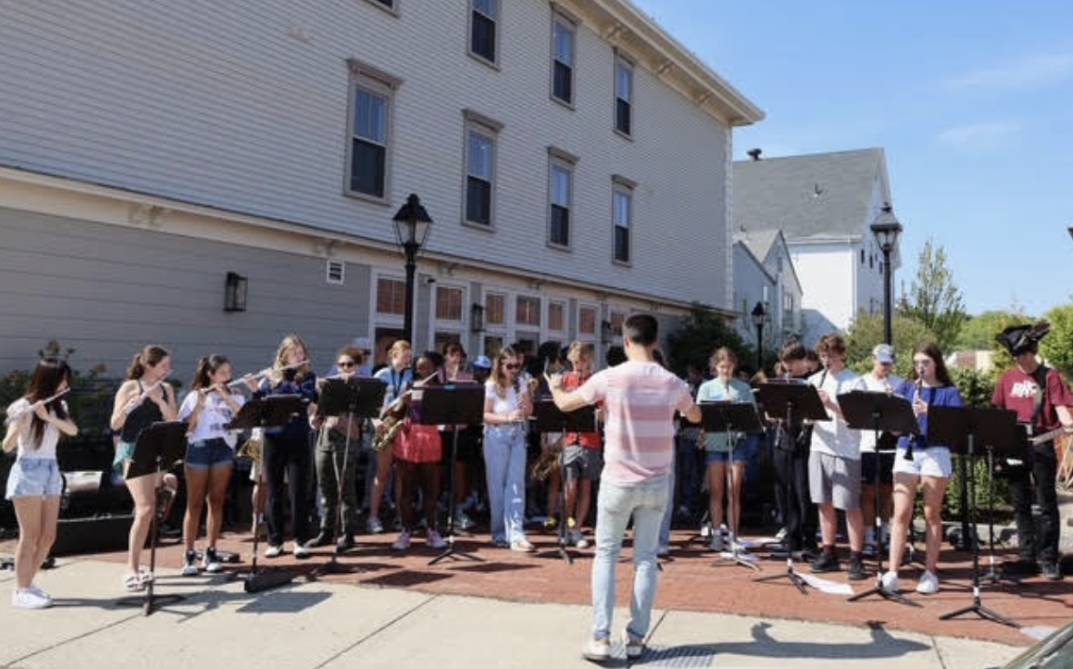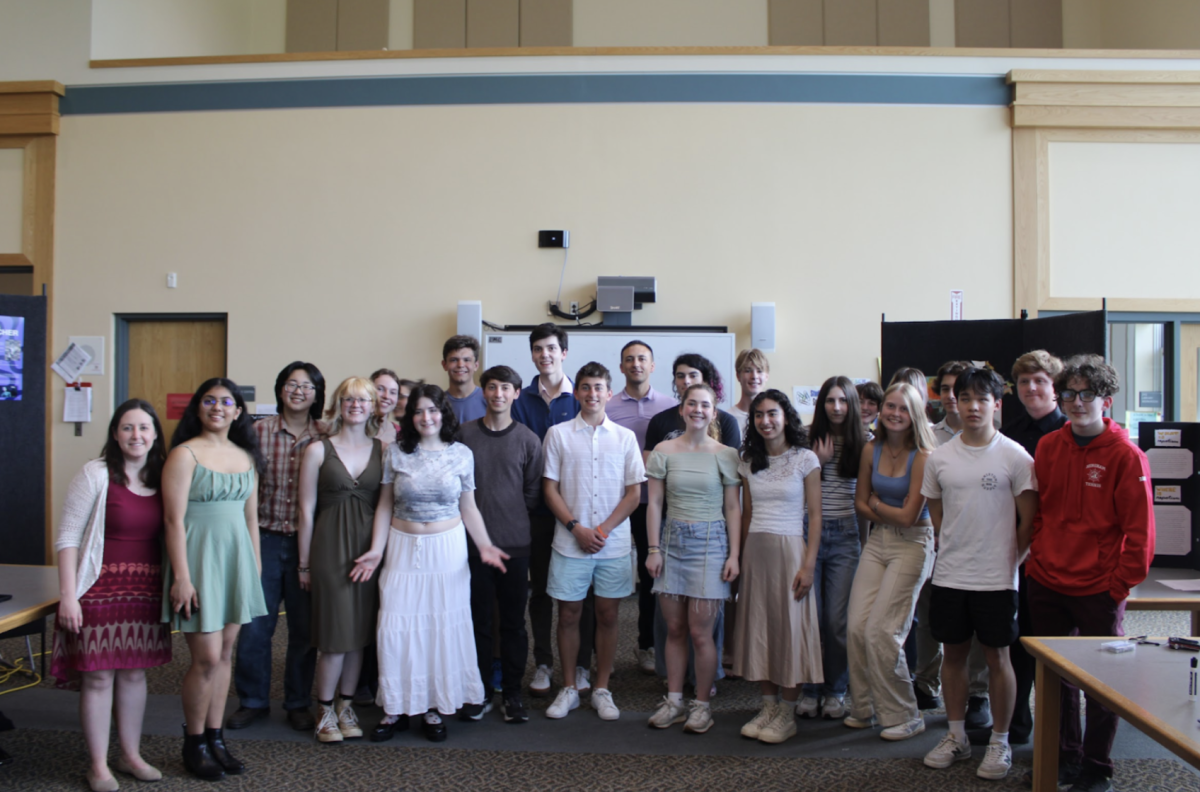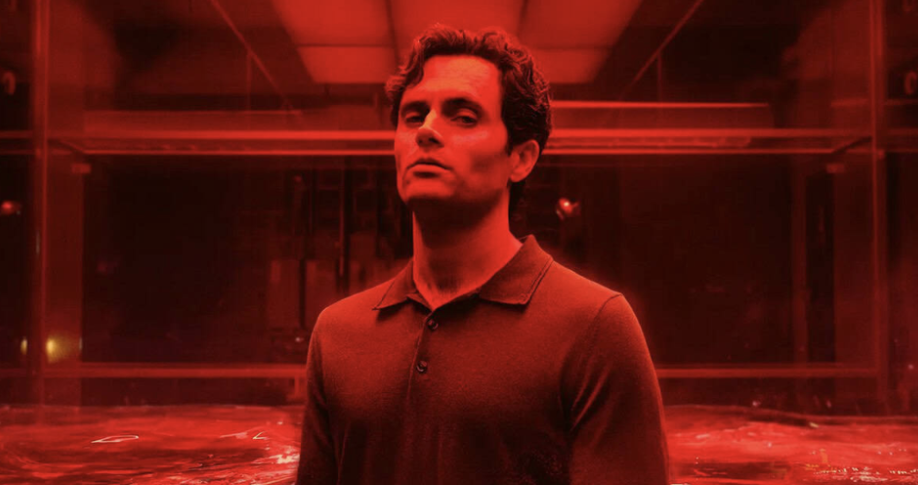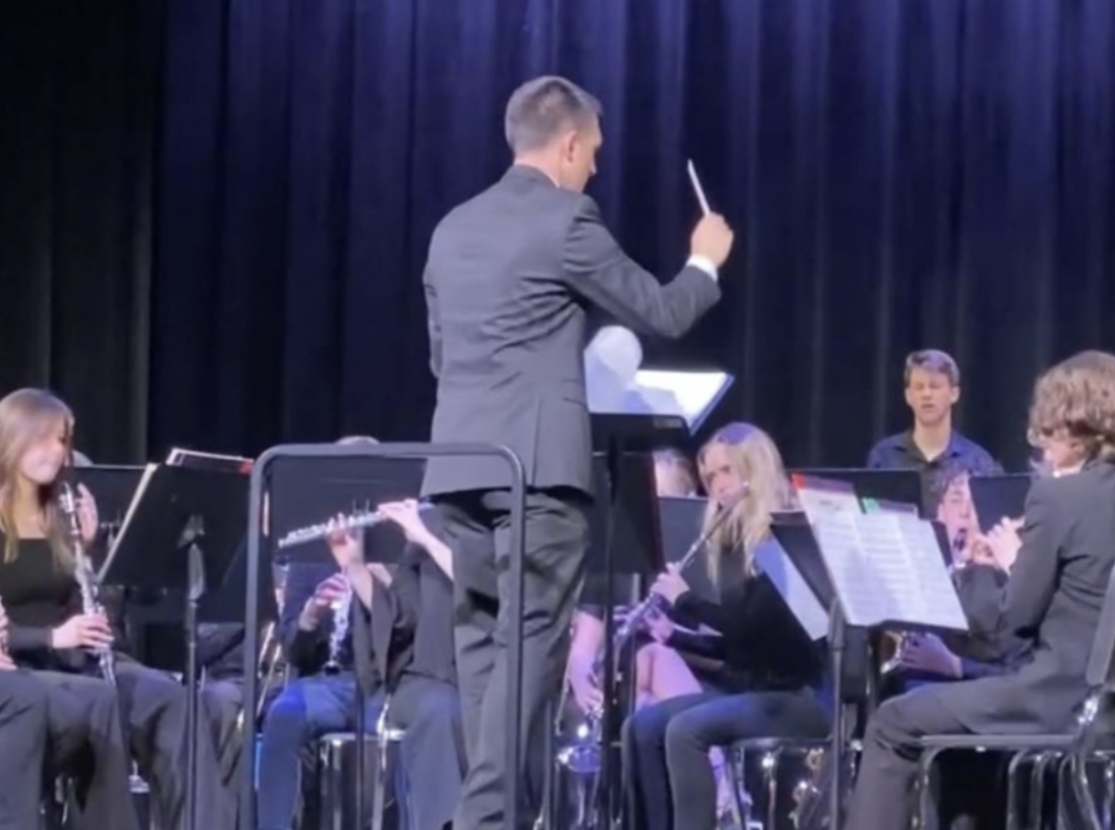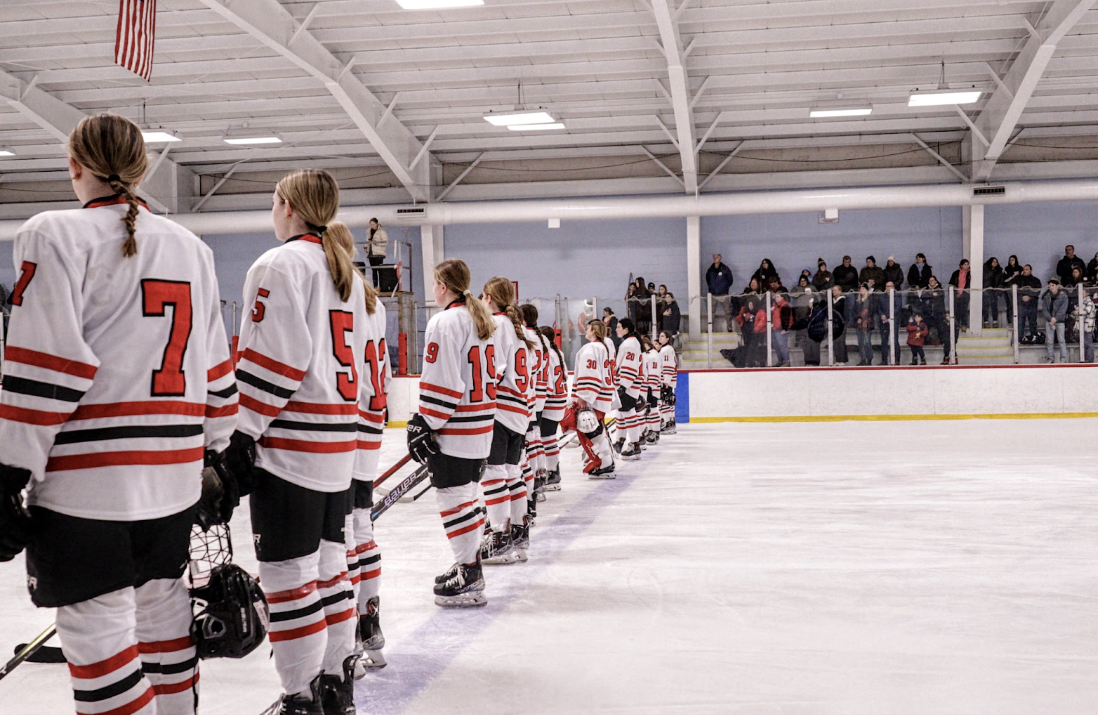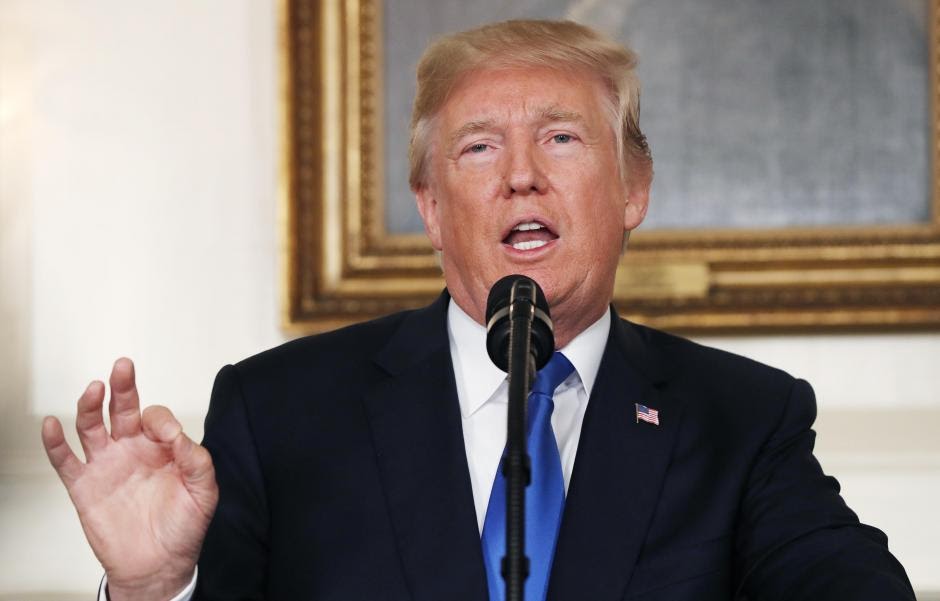Trump Announces Decertification of Iran Deal
October 15, 2017
In 2015, after two years of negotiations, the US, U.K., China, Germany, France, and Russia entered a deal with Iran, known as the Joint Comprehensive Plan of Action. The deal banned Iran from further developing nuclear weapons, and made provisions for Iran to diminish their current supply of nuclear materials. In exchange, the US partially lifted harsh economic sanctions against Iran.
In the next coming days, President Trump will appear before Congress to make a statement on Iran’s compliance in the deal. The president’s response, which is required every 90 days, will either recertify or decertify the deal. On Friday, October 13th, President Trump announced during a statement that he would not recertify the Iranian deal.
However, decertification will not kill the deal entirely; instead, it will enter a state of limbo. NPR reports that Trump promised for his “administration to work closely with Congress and our allies to address the deal’s many serious flaws.” The biggest criticism comes from the deals “sunset clauses”, which allow for a slow loosening of regulations and inspections in Iran. Trump, and many others, argue that it gives the government of Iran the opportunity to develop nuclear weapons.
Trump warned that if Congress could not come to a resolution, the US would leave the deal. CNN reports that “a complete removal of the United States from the nuclear deal would isolate the United States.” Despite disagreement on the deal, most groups believe the US should stay, in the agreement in some way. Removal could encourage Iran to further develop their nuclear stockpile. In addition, the US would alienate itself from European countries who remain in the deal.
Regardless of the outcome, actions involving the Iranian nuclear deal will impact global politics. However, most students have not even heard about the deal. One HHS junior, who wishes to remain anonymous, felt “surprised it [the deal] hadn’t been brought up in classrooms, as a current event, so people can develop their own opinions.” Strong tension has existed between the US and Iran since the Iranian Revolution, nearly forty years ago. Consequently, Iran became synonymous with conflict, and news stories are often overlooked.
Junior Lily Deneen does not appreciate the muffled news. She stated that “It’s definitely an interesting news story to follow.” Lily further expressed her interest by explaining that “last year in both history and english we studied the history of Iran.” HHS students definitely feel interested in the developing news, especially with a basic background of Iranian history due to the sophomore year curriculum.
All students learn the same facts about the Iran, but many have widely differing opinions. Despite contrasting ideas of the best course of action, most, like Junior Sydney Hook, believe that “violence can only escalate issues and dealings internationally.”











